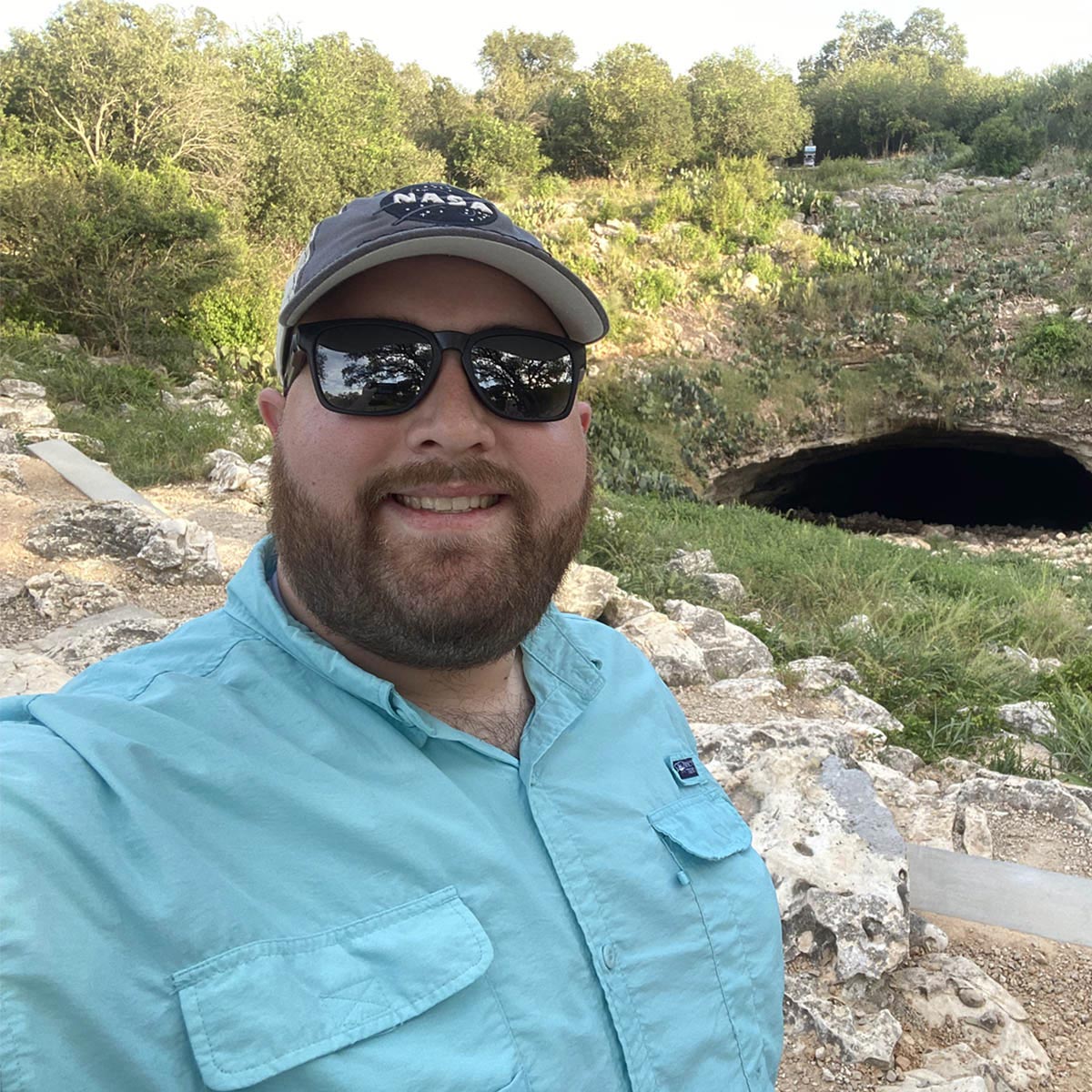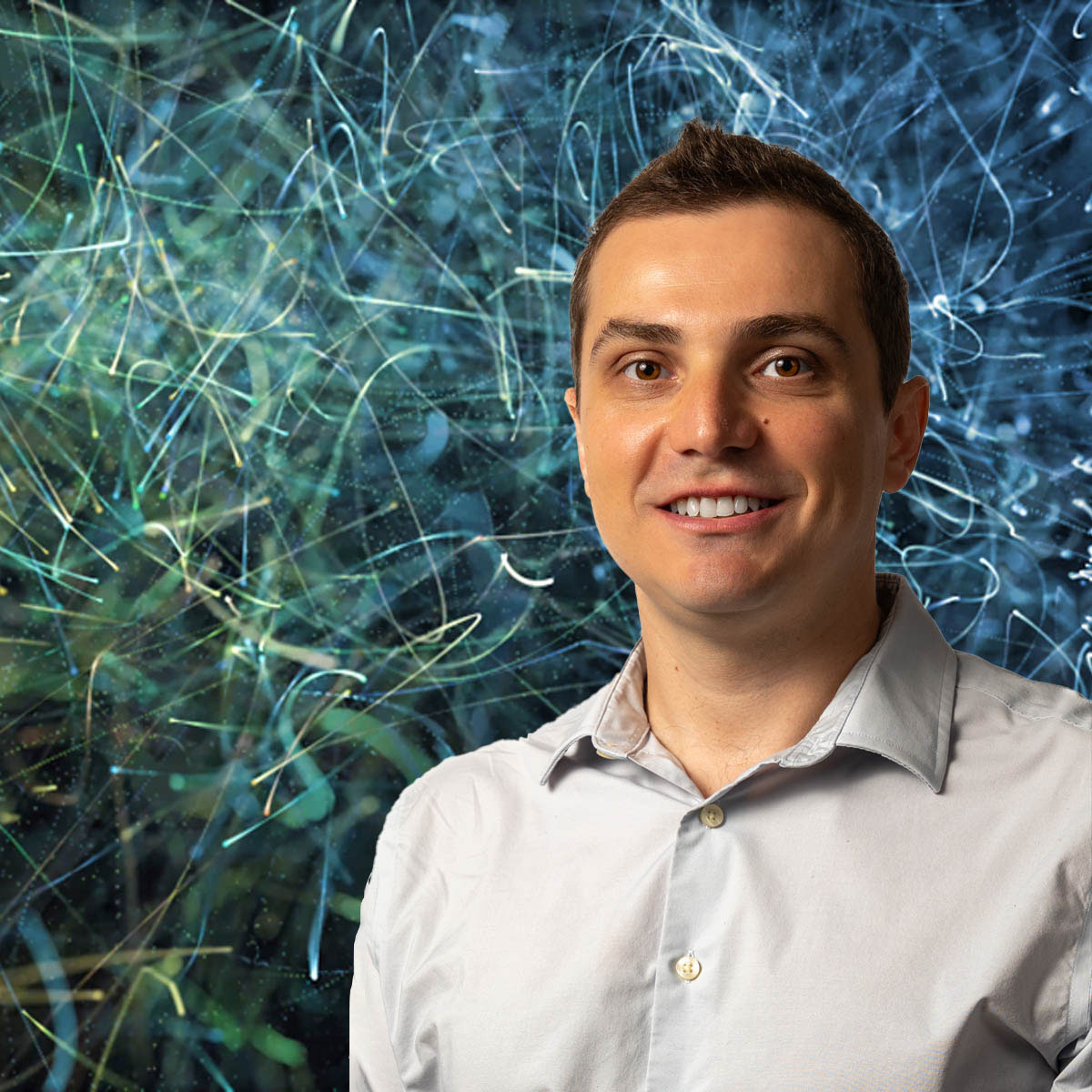Posted on December 7, 2020 by College of Sciences
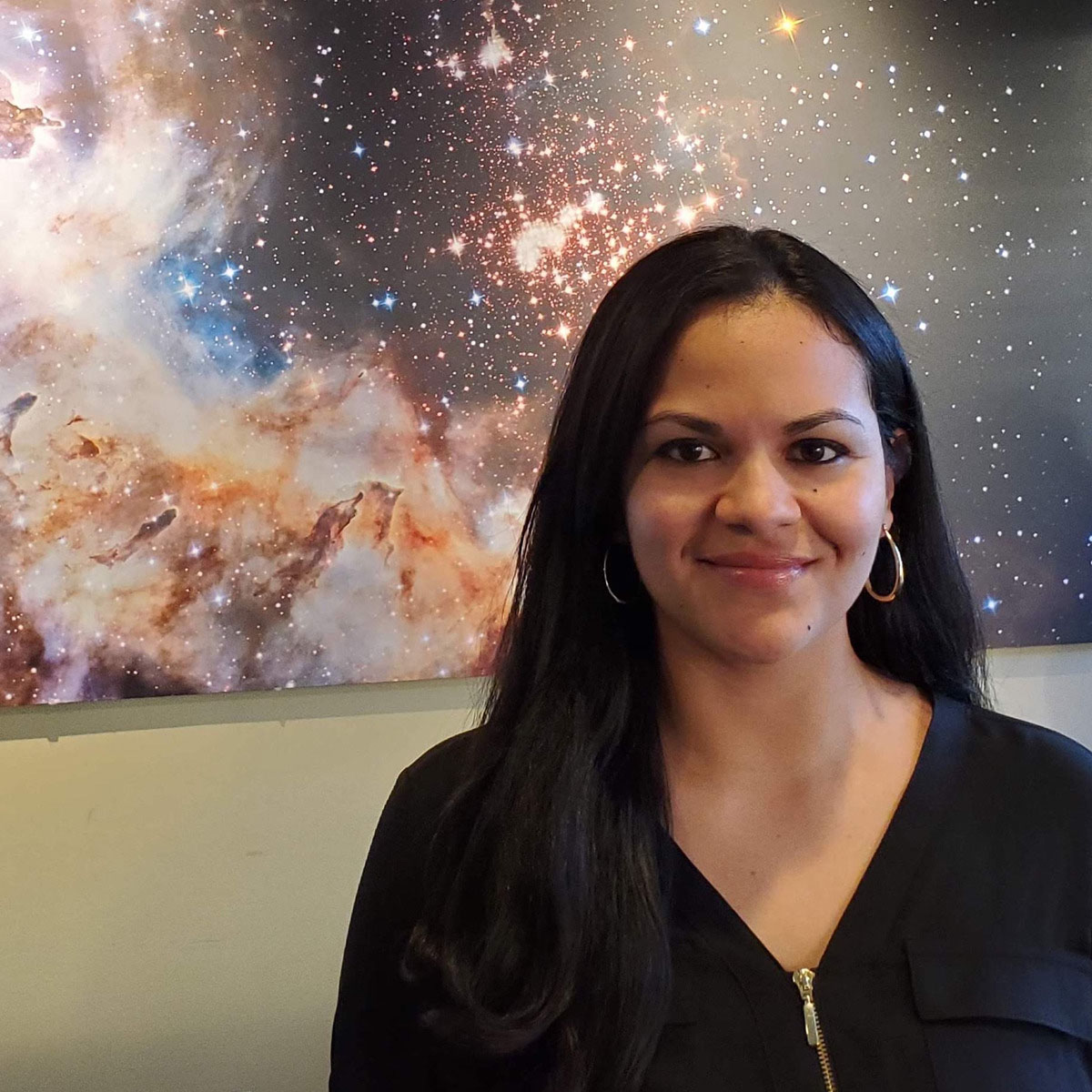
Laura Vega
By Lauren Moriarty
As a child, Laura D. Vega '13 dreamed of working at NASA. "I always knew I wanted to be a scientist," Vega said. "But as a first-generation college student, I just did not know how. Searching for the information that I needed and networking became part of my journey early on."
In 2010, Vega reached out to Dr. Eric Schlegel, Vaughn Family Professor, to inquire about research opportunities. Schlegel was in the process of putting together a team for an upcoming project and he offered her a spot. That summer, Vega completed her first research project, a spectral fitting of X-ray data from NASA's Neil Gehrels Swift Observatory, that took observations of the recurrent nova U Scorpii erupting earlier that year. Later, as part of her program coursework, she synthesized molybdenum sulfide nanostructures as precursors for hydrodesulfurization catalysts in a UTSA laboratory.
"During my last semester at UTSA my lab mentor, Dr. Israel Garcia, told me he was going to give me his registration to attend the Society for Advancement of Chicanos/Hispanic and Native Americans in Science conference because he could not attend that year," Vega said.
At the conference, Vega met one of her current mentors, Dr. Rodolfo Montez Jr., who told her about the Fisk-Vanderbilt Masters-to-PhD Bridge Program . She decided to apply and was accepted, where she had opportunities to network by attending and presenting her research at national conferences. Vega is now a PhD Candidate in Astrophysics under the direction of Dr. Keivan Stassun, as well as an intern at NASA's Goddard Space Flight Center. Vega is also the recipient of the prestigious NASA Harriett G. Jenkins Pre-Doctoral Fellowship.
Vega's current research focuses on understanding a class of supergiant pulsating stars known as RV Tauri variables. She studies how binarity and the presence of a dusty circumbinary disk affects the evolution of these evolved stars. She also studies X-ray and ultraviolet flares from small red dwarf stars to understand how the high-energy radiation impacts habitability of planets orbiting those stars using data from NASA's Swift, NICER, and TESS space telescopes.
"In many ways, UTSA has played a major role in my journey in becoming an astrophysicist," Vega said. "UTSA has supported me financially at different stages of my undergraduate program, with high-quality courses offered by excellent professors, through research opportunities, and by introducing the meaningful connections I made with many good people during my days at UTSA. Hard-work and a strong support system of family, friends, and mentors have got me where I am now. The next step in my path is to defend my dissertation."
Vega plans to continue her work on X-ray and UV flare stars in collaboration with NASA Goddard Space Flight Center's Exoplanets and Stellar Astrophysics Laboratory.
"Being a scientist is not always easy," Vega said. "I doubt myself a lot and feel like I do not know anything, but I do not give up. As Dr. Schlegel once told me, 'If you want to do research, that feeling never goes away because if you know all there is to know, it's not research anymore.' So, in spite of the insecurities that come with the work, it is so fun and rewarding solving the puzzles of nature and sharing what I have learned to inspire, through astronomy, the next generations of curious scientists."
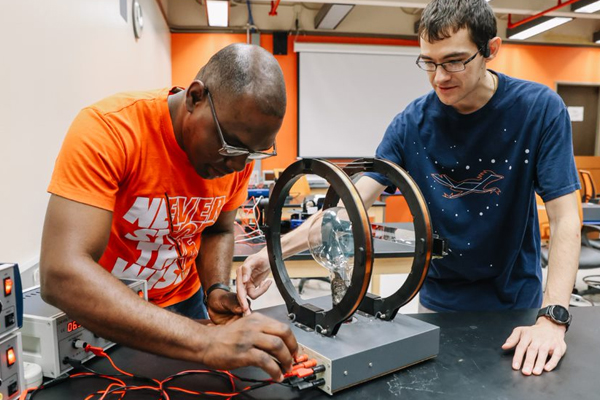
Explore the Physics and Astronomy Department!
Providing students with a solid background in physics and problem-solving skills and equipping them with invaluable research experience to prepare them for their future careers.
Recent Physics and Astronomy Spotlights
View More Spotlights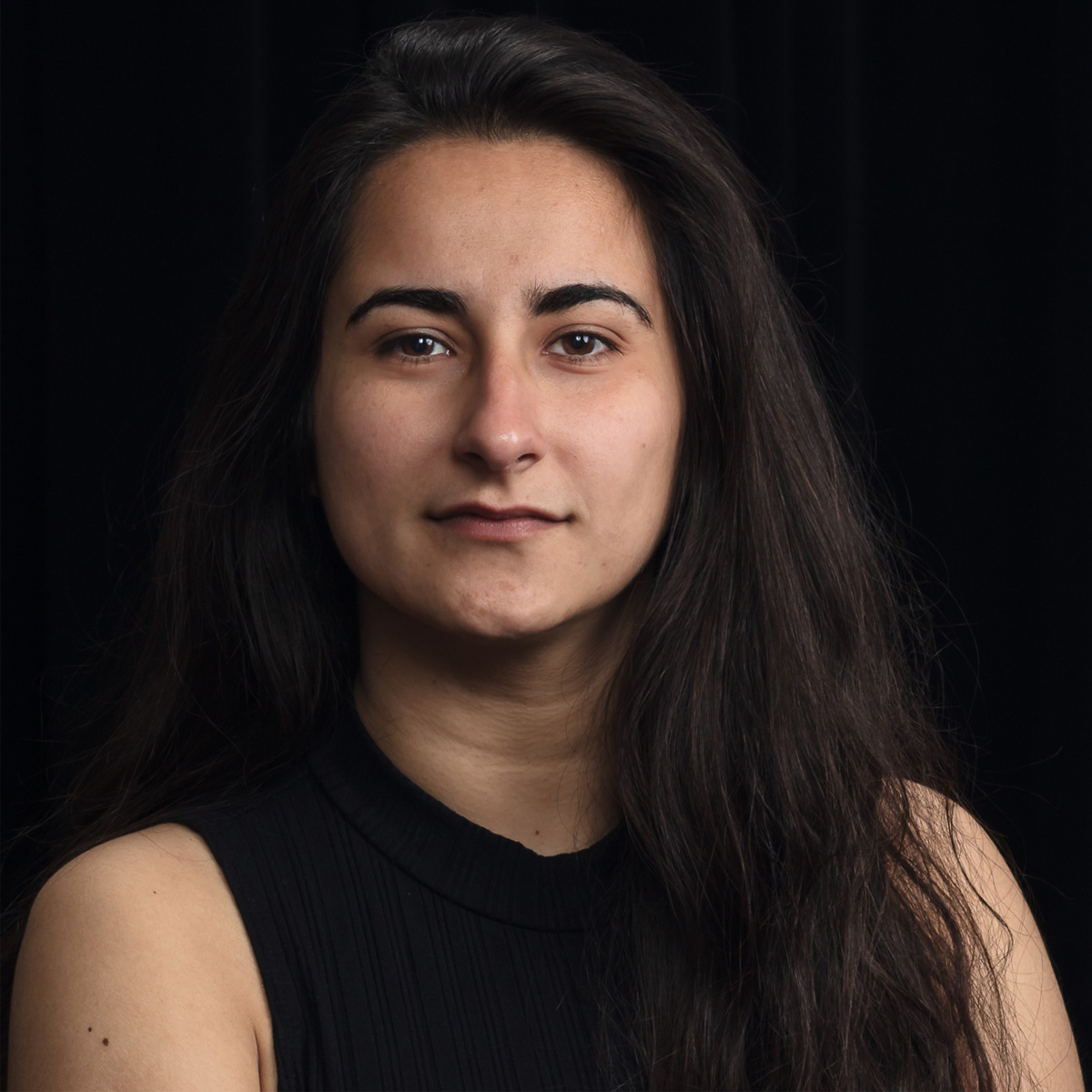
September 19, 2025
Maria Gabriela BoadaPublished by College of Sciences
#ThisIsWhatAScientistLooksLike
